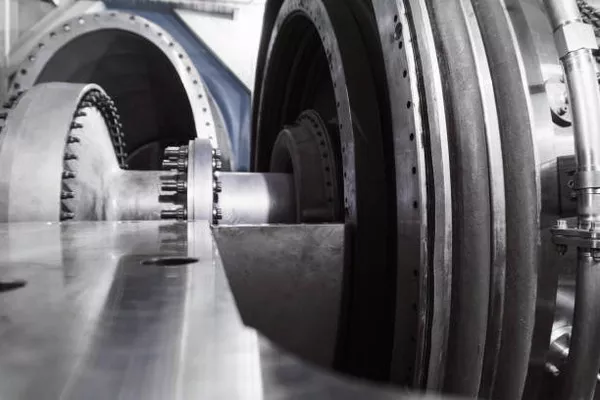The refrigerator compressor plays a crucial role in maintaining the optimal temperature inside your fridge, ensuring the freshness and longevity of your stored food items. When faced with compressor issues, the question of cost often arises. Understanding the factors that influence the price of a fridge compressor is essential for consumers looking to make informed decisions about repairs or replacements.
Factors Influencing Cost:
1. Type of Compressor:
The first factor affecting the cost of a fridge compressor is the type. Compressors come in two main types: reciprocating and rotary. Reciprocating compressors are the traditional and more affordable option, while rotary compressors are known for their efficiency and durability but come with a higher price tag. The type of compressor in your refrigerator significantly impacts the overall cost of replacement.
2. Brand and Model:
The brand and model of your refrigerator also play a crucial role in determining the cost of a compressor. Different manufacturers use specific compressor models designed to fit their refrigerators. Branded compressors are often more expensive due to the proprietary nature of their design and the assurance of compatibility with the appliance.
3. Refrigerant Type:
The refrigerant used in the compressor is another influencing factor. As the industry transitions to more environmentally friendly refrigerants, compressors designed to work with these newer substances may be more expensive. However, the long-term benefits of reduced environmental impact and energy efficiency may outweigh the initial cost.
4. Warranty Coverage:
Compressors often come with warranty coverage, which can affect their cost. A compressor with an extended warranty might be more expensive upfront, but it provides peace of mind and potential cost savings in case of malfunctions within the warranty period. Consider the warranty terms and conditions when evaluating the overall value of a compressor.
5. Professional Installation:
The cost of a fridge compressor isn’t limited to the component itself. Professional installation is crucial to ensure proper functioning and prevent further damage to the appliance. Hiring a certified technician for installation may add to the overall expense but is a wise investment to guarantee the longevity and efficiency of your refrigerator.
Variations in Pricing:
OEM vs. Aftermarket Compressors:
Original Equipment Manufacturer (OEM) compressors are designed and produced by the same company that manufactured the refrigerator. These tend to be more expensive but offer a guarantee of compatibility and quality. Aftermarket compressors, on the other hand, are produced by third-party manufacturers. While they may be more budget-friendly, their quality and compatibility may vary, potentially impacting the long-term performance of your appliance.
Local Market Conditions:
The cost of a fridge compressor can also vary based on local market conditions, such as supply and demand, labor costs, and regional economic factors. In some areas, the availability of compressors may be higher, leading to competitive pricing, while in others, scarcity may drive up costs.
Online vs. Offline Purchases:
The purchasing platform can also affect the cost of a fridge compressor. Online retailers may offer a wider range of options and competitive prices due to reduced overhead costs. However, offline purchases from brick-and-mortar stores may come with added convenience, immediate availability, and the assurance of in-person customer support.
Considerations Before Purchase:
1. Diagnostic Evaluation:
Before deciding to replace the compressor, it’s essential to conduct a thorough diagnostic evaluation of the refrigerator. Sometimes, the issue may be related to other components, and replacing the compressor might not be the most cost-effective solution. Consult with a professional technician to accurately identify the root cause of the problem.
2. Appliance Age and Condition:
Assess the overall age and condition of your refrigerator before investing in a new compressor. If the appliance is nearing the end of its lifespan or has multiple issues, it may be more economical to consider purchasing a new refrigerator rather than investing in a costly compressor replacement.
3. Energy Efficiency Considerations:
Newer compressors and refrigerators often come with improved energy efficiency, which can result in long-term cost savings on energy bills. When evaluating the cost of a compressor, consider the potential energy savings offered by newer models, as this may justify a higher upfront investment.
4. Professional Advice:
Seek professional advice from certified technicians or appliance experts. They can provide valuable insights into the specific requirements of your refrigerator, recommend suitable compressor options, and guide you on the most cost-effective course of action.
SEE also Where Is My Ac Compressor Located
Conclusion:
The cost of a fridge compressor is influenced by various factors, including the type of compressor, brand, refrigerant used, warranty coverage, and professional installation. Understanding these factors and variations in pricing is crucial for making informed decisions about repair or replacement. Before making a purchase, consider conducting a diagnostic evaluation, assessing the appliance’s age and condition, and seeking professional advice to ensure a cost-effective and efficient solution for your refrigerator woes.

